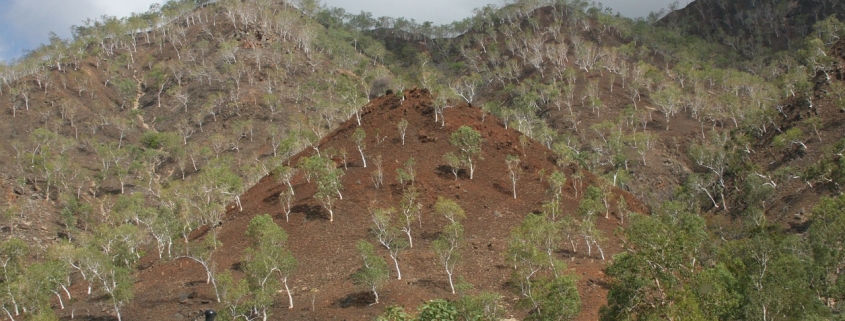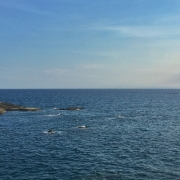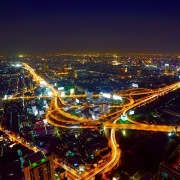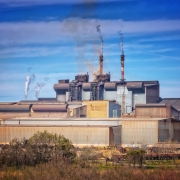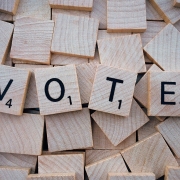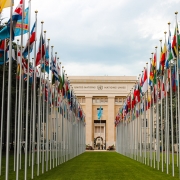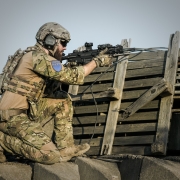What happened in East Timor?
Topic of Study [For H2 History Students]:
Paper 1: Safeguarding International Peace and Security
Section B: Essay Writing
Theme III Chapter 2: Political Effectiveness of the UN in maintaining international peace and security
Overview
The 1999 East Timorese crisis broke out due to resistance by Indonesian militants that protested against the independence movement. Following a period of armed confrontation, the United Nations intervened and deployed a peacekeeping force to restore peace and oversee the conduct of elections in East Timor.
In the following section, we will analyze the roles of Indonesia and East Timor to measure the political effectiveness of the United Nations (UN) in the post-Cold War period.
1. [Indonesia] Prelude to the crisis: Indonesian invasion of East Timor
In 1974, Portuguese Timor (later named East Timor) was granted independence by Portugal. However, a civil war broke out within East Timor as there were differing opinions over the inclusion of East Timor as part of Indonesia. The FRETILIN (Revolutionary Front for an Independent East Timor supported independence, whereas the UDT (Timorese Democratic Union) pushed for annexation.
This civil war escalated into an inter-state conflict when the Fretilin declared East Timor independent on 28 Nov 1975. In Dec 1975, Indonesia launched ‘Operation Lotus’ (i.e. Operasi Seroja), which a massive military operation that involved both naval and aerial invasions.
As a result of the Indonesian invasion, many East Timorese people were killed.
2. [United Nations] International actions: Limited response
Following the invasion, the UN General Assembly condemned the invasion and demanded the immediate withdrawal of Indonesian troops from East Timor. Likewise, the UN Security Council adopted Resolution 384, which reminded Indonesia to respect the right to self-determination.
Even so, the UN response proved to be insignificant, thus allowing Indonesia to control East Timor forcefully from 1975 to 1999.
3. [United Nations] Changing political situation
In 1998, following the Asian Financial Crisis, the Indonesian government changed its position and offered to grant East Timor greater political autonomy. Notably, the government stopped short of declaring East Timor independent.
The UN Secretary-General Kofi Annan proposed to the incoming Indonesian President Bacharuddin Jusuf Habibie to conduct a referendum for East Timor.
4. [East Timor] A turning point: The referendum
In Jun 1999, the UN Security Council passed Resolution 1249, which led to the deployment of the UNAMET (UN Mission in East Timor). The purpose of UNAMET is to oversee the proceedings of the referendum. As expected, the referendum reflected a resounding ‘yes’ to the push for independence.
Unfortunately, some Indonesian militants rejected the results and engaged in armed confrontation against the East Timorese people after the referendum. The brutal attacks led to the destruction of public facilities and significant casualties, resulting in the departure of affected victims to flee from their homes.
5. [United Nations] Swift international responses
As a result, the international scene responded with widespread outrage and US President Bill Clinton threatened to withdraw the economic aid (i.e. IMF loans) that Indonesia depended on to recover from the aftermath of the Asian Financial Crisis.
Additionally, the UN Security Council adopted Resolution 1264, which called for the deployment of the Australian-led peacekeeping force, known as the INTERFET (International Force East Timor). Gradually the INTERFET succeeded in ending the violence.
Next, the UN Security Council passed Resolution 1272, which established the UNTAET (UN Transitional Administration in East Timor). Primarily, the UNTAET took charge of managing the administration in East Timor, thus ensuring a smooth and stable transition to independence.
What was the outcome?
Indonesia finally recognised East Timor, thereby leading to East Timor’s attainment of independence on 20 Mar 2002.
What can we learn from this case study?
Consider the following questions to understand the case study:
– What are the determining factors that affect the political effectiveness of the United Nations peacekeeping operations in the post-Cold War period?
– In view of the changing nature of UN operations after the Cold War, was the United Nations more successful in this new era? [to be discussed in class]
After examining this case study, you can apply this knowledge to A Level History essay questions to review your level of comprehension. Additionally, you can join our JC History Tuition to receive useful summary notes and practice questions to enhance your revision efforts productively.
The H2 and H1 History Tuition feature online discussion and writing practices to enhance your knowledge application skills. Get useful study notes and clarify your doubts on the subject with the tutor. You can also follow our Telegram Channel to get useful updates.
We have other JC tuition classes, such as JC Math Tuition and JC Chemistry Tuition. For Secondary Tuition, we provide Secondary English Tuition, Secondary Math tuition, Secondary Chemistry Tuition, Social Studies Tuition, Geography, History Tuition and Secondary Economics Tuition. For Primary Tuition, we have Primary English, Math and Science Tuition. Call 9658 5789 to find out more.

